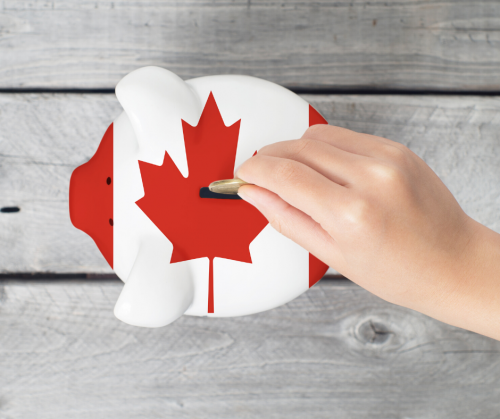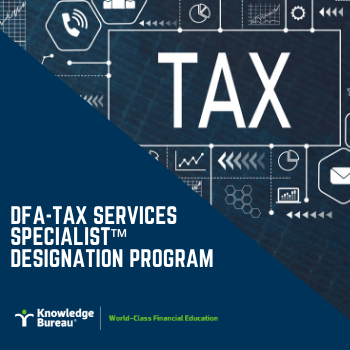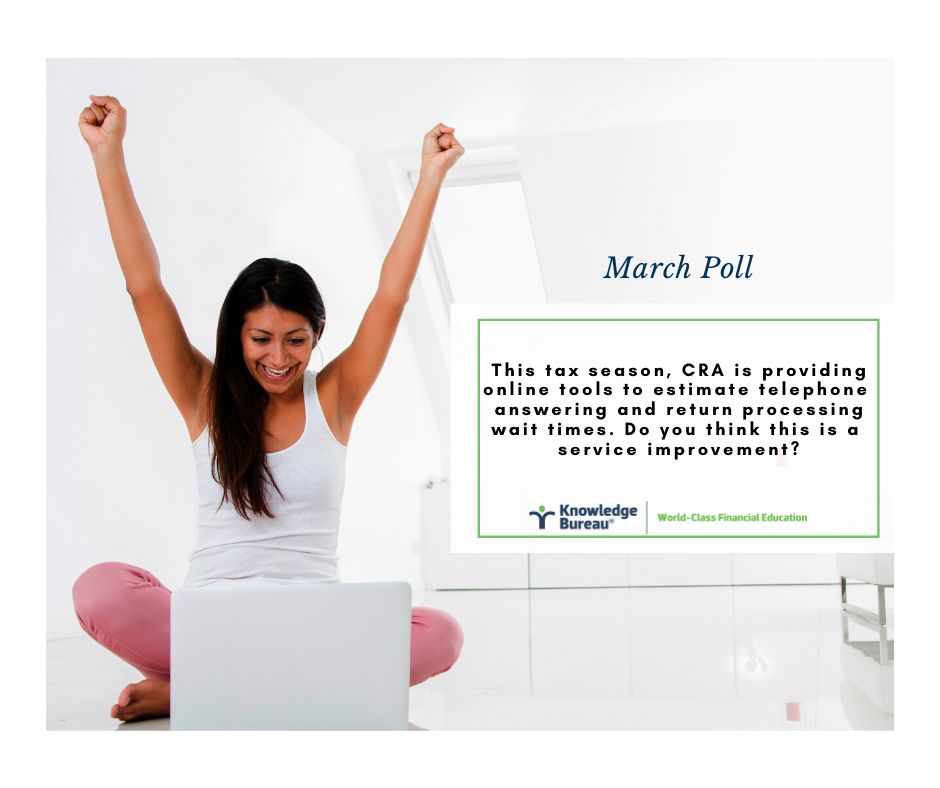Last updated: March 03 2020
It’s Complex: Your Relationship with the Tax Refund

Beth Graddon
Canadians have a unique perspective on tax refunds – they seem to love them! Taxpayers have the tendency to use the refund as a savings strategy, according to our February poll. It’s something the pros don’t necessarily agree with, but 75% of them felt that reducing tax withholdings would have no benefit in helping Canadians manage their money.
It’s always an interesting debate when the tax refund comes up. Pros see tax returns for what they are: simply, taxpayers receiving their own money back from the government. Money that was lent interest-free, by the way. Here are the comments from the pros:
Murray N: “Generally people who are close to insolvency are for the most part not good at money management, and it isn’t a priority to them. They need to take a look in the mirror and not have credit cards they can’t afford. We need a life class in the school system dealing with real life issues taught by practicing people who do it for real. Not talk and no walk.
Everyone wants to blame the government and not take the responsibility for their own misfortunes.”
Alice Manderson: “People who are close to insolvency have high debt most times because they do not make enough money to make ends meet. With prices too high for the average family to  be able to afford the basic necessities of life. Wage increases do not help as every time wage cost goes up so do the prices. .”
be able to afford the basic necessities of life. Wage increases do not help as every time wage cost goes up so do the prices. .”
D Elliott: “Tax refunds or tax savings would not help individuals who are lacking in money management skills. That would be where to start. A small advantage could be that for lower income individuals having a bit more money to use on basics every month could be helpful rather than receiving a refund and having to ‘catch up’ on paying debts.”
Pat Morton: “I try to urge senior to change to no refund, so they get to spend the money every month and their kids don’t get it when they are gone. Often times this just goes to pay car insurance or house insurance and it is the only way they can save it.”
Gaetan Ladouceur: “Unfortunately, the most obvious trait that would happen is simply, taxpayers increasing their ‘lifestyle’ expenditures. It’s like quitting smoking - almost all people who save money by doing this, do not save it….they simply spend it elsewhere. Refunds (though with no interest) always bring a smile to my client faces, and many are disappointed that their refund was not even larger! It’s a state of mind. As financial advisors, we communicate to our client about reducing their income taxes withheld at source, but the vast majority want to keep receiving a refund. They see is as a ‘forced’ saving and a ‘windfall’ for submitting their tax returns.”
Mitzi-Lynne Morgan: “No, it would not help. Most of my clients expect a refund and yes, it’s gone in no time. Another $145.00 per month would be gone in just the same way and then they would not get that refund at tax time. They wouldn’t be able to save $145.00 per month if the government didn’t hold it for them. True, it’s gone in a flash, but they see it as ‘free money from the government.’ I have tried to make it clear that you don’t get a refund if you haven’t paid it to the government in the first place. No, it wouldn’t help my clients. They are better with their refunds, and if they had that extra bit per month, they would still be very upset when they got no refund. The theory is sound except it ignores human nature.”
Anni Markmann: “Of course having more money each month is better than waiting for the refund each Spring, but I have given up educating tax clients on this. They would rather have a large refund. They use it as a forced savings plan. If that helps them save money for large expenses, then so be it. Most clients would rather have a refund (even large) than the possibility of owing money on April 30.”
Maxy C’Kanene: “It is most unfortunate to read one commenter blaming those who cannot save simply as those who ‘have money management issues’. It is just one of those fallacies from those who are relatively well off. One cannot save what one does not have.”
Jo Ruelle: “Many Canadians use the “Rev Can savings plan” as the easiest way to put aside a bit of money each pay period. We may not like the idea of giving the government an interest-free loan, but it’s not our call. If this is the best way for some people to manage their finances, then they should be free to do it.”
Siegfried Merten: “No, because most taxpayers love receiving a refund. The bigger the better. Once they realize that they are not getting a TAX REFUND but receiving their OWN MONEY back that they OVERPAID maybe they would realize that CRA is not giving them any extra money. It should not be called a tax refund but an interest free loan repayment.”
Aaron: “No, I don’t think it would help. Those who are $200 away from insolvency are $200 away from insolvency because they have money management issues. If they have another $145/month it would mean they would spend another $145/month and be in the same situation. At least getting a refund will act as a pressure valve release and allow them to pay down a credit card or something like that.
Jo Anne: “My goal is to keep my clients happy. A refund is what clients want. For some it is forced savings. Others just feel like they won something even though it’s their own money. Tax preparers should remember that their clients come to them to get their refund. It’s good for us too.”
Gaetan Ladoucer: “It’s always better to have more money in your pocket now, than waiting for a refund that has already been eroded by inflation and lost opportunities. With that said, when I ask this question to my clients, the most frequent answer I receive from them, is that they are intimidated of possibly owing additional income taxes when filing their return, and prefer to over-pay via their tax withholdings/installments than be ‘hit’ with a remaining balance owing. They see it as ‘peace of mind’.”
And the last word goes to Derek:
“In my experience and those of my colleagues, most people with a refund wind up spending it. If they had that extra $100-$150 on hand, they could use it to save and reduce debt, which would further free up cash flow. Cash flow is king. Granted it isn’t everything, but why lend the federal government that much money for a year interest free, particularly if they are paying interest on debt. 49% of Canadians can’t handle an extra $200 bill in a month without incurring debt. Those results could be dramatically different if less was withheld from their pay. Granted, something like half of Canadians pay no net tax after transfers, so it isn’t necessarily the same people getting returns as those who are on the brink or have excessive debt, but with some discipline and guidance, people could be better off.”
Thanks to everyone who participated. For this month’s poll question, we’re asking:
“This tax season CRA is providing online tools to estimate telephone answering and return processing wait times. Is this a service improvement?” Weigh in!
COPYRIGHT OWNED BY KNOWLEDGE BUREAU INC., 2020.
UNAUTHORIZED REPRODUCTION, IN WHOLE OR IN PART, IS PROHIBITED.

